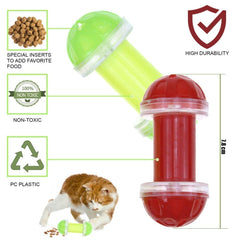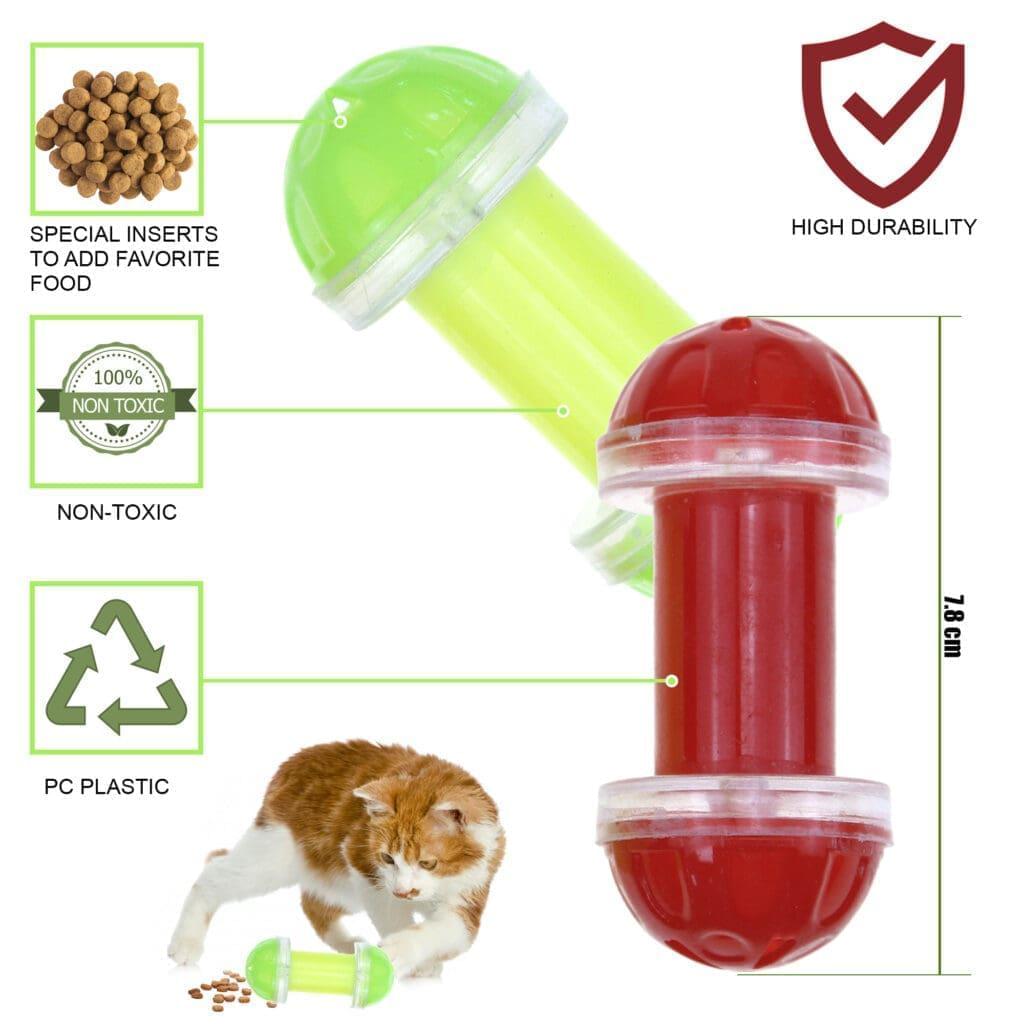
Coconut oil has been a rising star among humans, finding its way into kitchens, hair care routines, and skincare products.
But what about our furry companions? Is coconut oil safe for cats? Are there any benefits of coconut oil for cats? Can we safely incorporate coconut oil into their diets or use it to pamper their precious coats?
Today, we'll tell you all about the potential health benefits of coconut oil for our feline friends.
What are the Benefits of Coconut Oil for Cats?
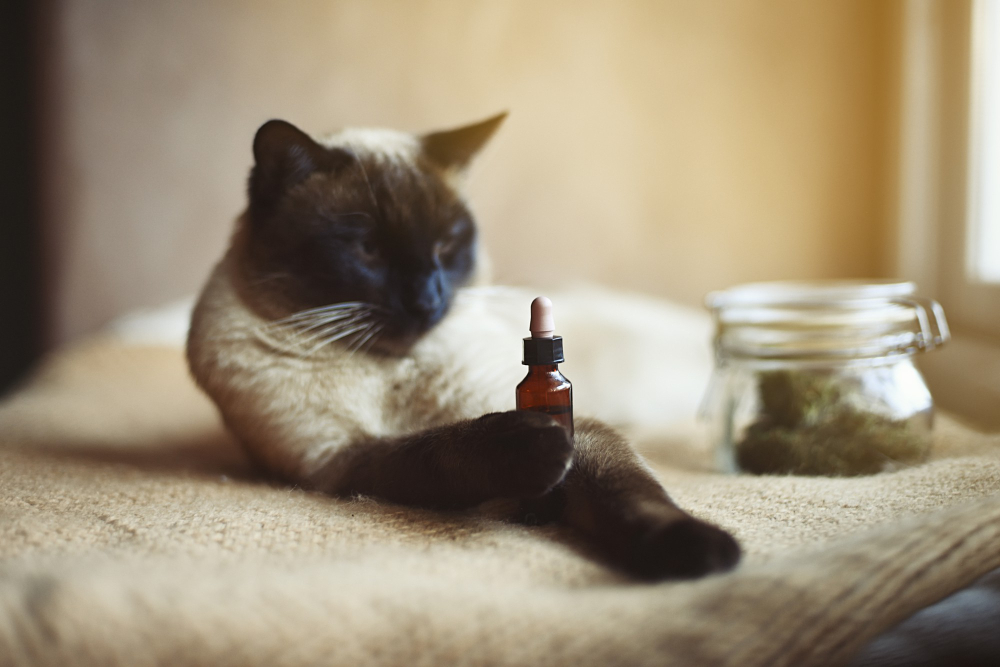
Wondering how coconut oil can benefit your feline friend?
Look no further! Check out these fantastic advantages of coconut oil for cats:
-
Healthy Skin
Coconut oil works like magic to keep your cat's skin hydrated and irritation-free. Moisturizing their dry skin with lauric acid in coconut oil leaves them with a luscious and healthy coat, ensuring they stay comfortable and stylish.
-
Digestive Aid
Does your kitty often struggle with tummy troubles?
Fear not! Coconut oil works as a gentle, natural remedy. It's a natural anti-inflammatory and has medium chain fatty acids that work wonders. Acting as a mild laxative, saturated fatty acids in coconut oil support healthy digestion, boost the immune system, and soothe inflammation in the gut, making mealtimes a breeze for your furry companion.
-
Joint Health
As our feline friends age, joint discomfort can rear its head. Fortunately for older cats, coconut oil's anti-inflammatory properties provide much-needed relief. With the essence of lauric acid, easing inflammation will become a bit easier.
It promotes better mobility, comfort, and a healthy immune system, allowing your furry pal to move with ease and grace.
-
Hairball Relief
Dealing with hairballs can be a hassle for you and your cat. But fear not – coconut oil also lends a helping paw in this department! Adding moisture to the hairball, organic coconut oil makes it smoother to expel.
It also reduces inflammation in the respiratory and digestive tract, making the whole process less uncomfortable for your kitty. Coconut oil for cats also helps treat fungal skin infections.
-
Brain Boost
Keep your furball's mind sharp and their immune system alert with the power of coconut oil!
Adding these wonder-saturated fats to their diet can work wonders, particularly as they enter their golden years.
In addition to lauric acid and its ability to enhance brain function, coconut oil serves as a simple yet effective way to support your cat's cognitive and brain health and overall well-being.
How to Give Coconut Oil to Your Cat?
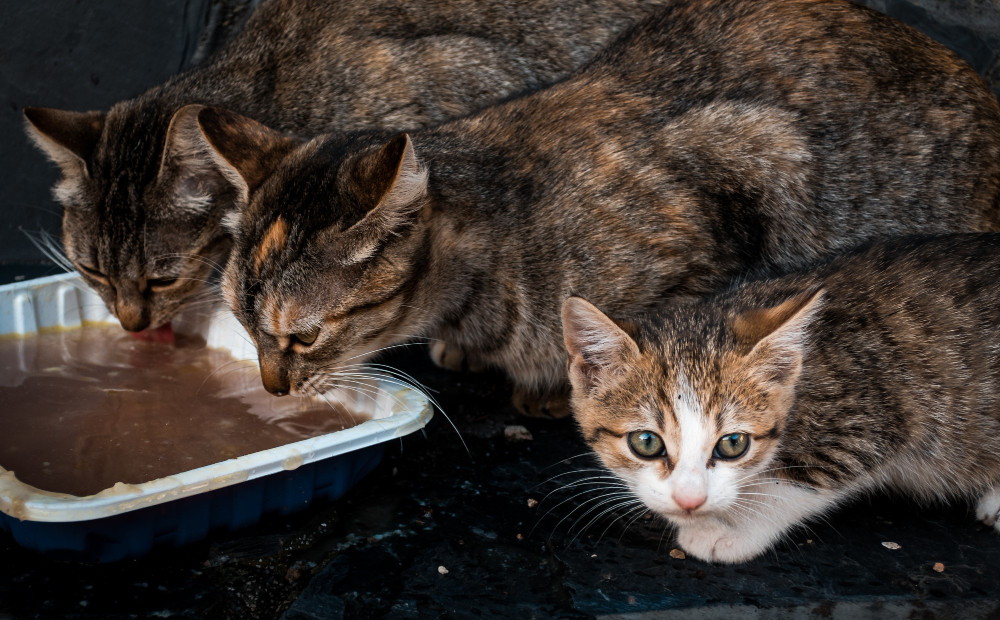
When introducing coconut oil to your cat's diet, it's essential to proceed with caution. Adding coconut oil in small amounts can benefit cats.
Every cat reacts differently to new foods or supplements. Some may have allergic reactions or rare allergies to coconut oil's fatty acid content. But coconut oil for cats works best most of the time.
Cat owners should start to monitor their cat's tolerance levels slowly. Begin with a conservative amount, such as 1/8 of a teaspoon daily, and gradually increase as needed. For an average-sized cat, its recommended to use ¼ to ½ teaspoon once or twice a day.
However, it's always wise to talk to your vet before making major dietary changes for your pet.
Adjust the frequency accordingly if you're using coconut oil to address specific issues like skin problems or hairballs. For instance, if you aim to prevent hairballs, a few times a week may suffice. The key is to start small and closely monitor your cat's response.
As for getting your feline friend to eat coconut oil, most cats enjoy the taste of virgin coconut oil. You can offer it directly; many cats will readily lap it up.
However, for pickier eaters, mixing coconut oil with a small amount of strongly scented cat food can entice them to indulge. Remember too much coconut oil can also cause problems for your feline friend.
Risks of Giving Coconut Oil to Cats

While coconut oil offers specific benefits for cats, pet owners need to be aware of the potential risks that come with its use.
The ASPCA includes coconut oil on its "People Foods to Avoid Feeding Your Pets" list, citing concerns about potential digestive issues such as upset stomachs or diarrhea. While these effects may not be severe, caution with cat coconut oil is warranted.
One concern with coconut oil is its high saturated fat content. These saturated fats could pose risks for cats with pancreatic inflammation, and some cats may be sensitive to them. As such, it's essential to exercise caution when considering coconut oil as a dietary supplement for potential health benefits for your feline friend.
Given these potential risks, coconut oil should be carefully monitored, and any adverse effects should be promptly addressed.
Additionally, cat owners need to be mindful of the calorie content of coconut oil. Being high in calories, incorporating it into your cat's diet may lead to unwanted weight gain if not balanced appropriately.
So, it's necessary to adjust your cat's diet to accommodate the addition of coconut oil. So that your furry pal stays healthy and adorable.
Alternatives to Coconut Oil for Cats
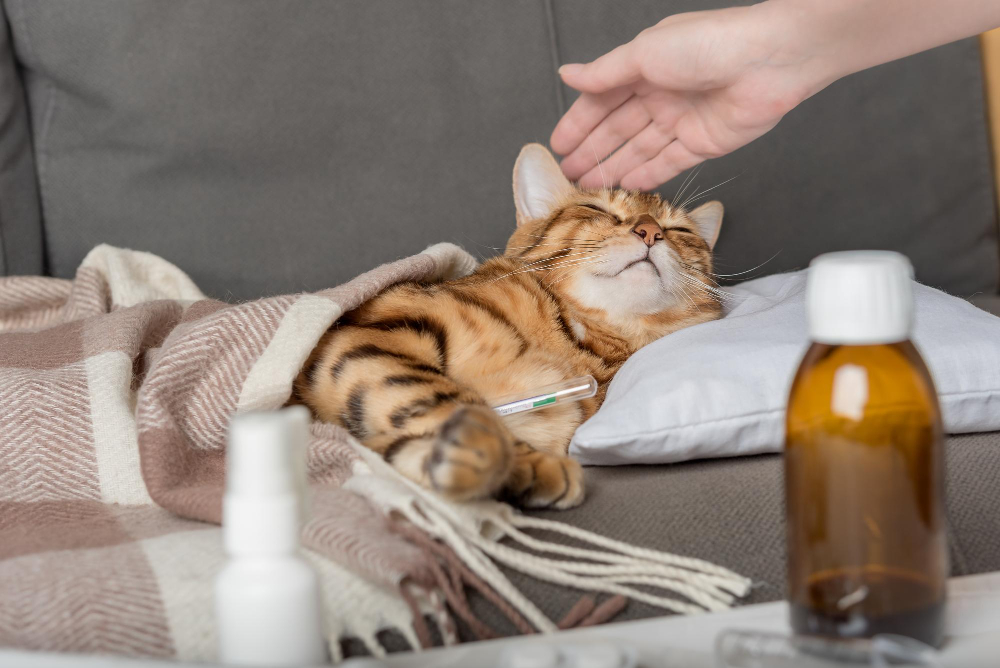
If your cat is allergic to coconut oil, there are alternative options you can look into.
Let's take a look at some of them.
-
Fish Oil for Cats
Fish oil is a good alternative, particularly in varieties such as salmon, anchovy, or krill oil. This offers health benefits similar to coconut oil but is not typically applied topically.
These oils contain medium-chain triglycerides that benefit skin and hair. These oils can provide essential fatty acids to support your cat's digestive health. Although they may not offer the same anti-inflammatory effects as coconut oil when used topically.
-
Olive Oil for Cats
Other than the therapeutic virgin coconut oil, you can use topical olive oil to address skin issues. While it may not possess the same anti-inflammatory properties as coconut oil, olive oil can still provide moisturizing benefits for your cat's skin.
However, combining fish and coconut oil with olive oil may offer a more comprehensive approach to maximizing fatty acids and promoting overall skin health. Olive oil is also one of the derivatives of long chain triglycerides.
It's important to remember that every cat's immune system is unique, and what works for one may not work for another. Consulting with your vet is important in determining the best action for your cat's needs.
They can provide personalized recommendations and help weigh the potential benefits and risks of using coconut oil or alternative supplements.
Final Words!
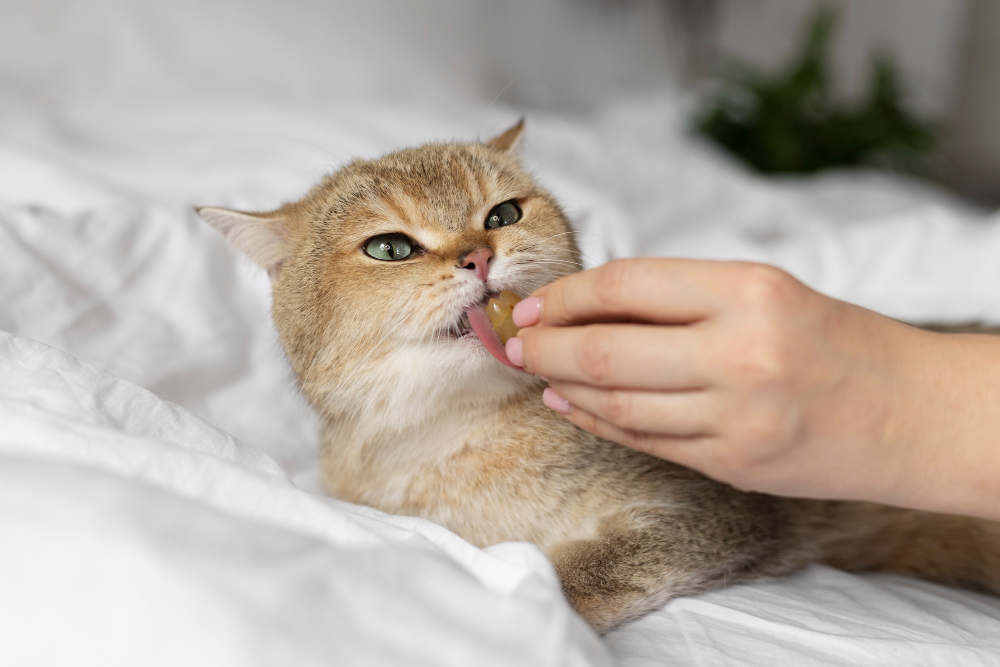
While coconut oil can offer numerous health benefits for cats, such as improved skin and digestion, it's crucial to be aware of possible risks, especially regarding digestive issues and weight gain.
If your cat doesn't tolerate coconut oil well, alternatives like fish or olive oil may provide similar benefits. Ultimately, talking with your vet is essential to determine the best approach to applying coconut oil for your cat's health and well-being.




